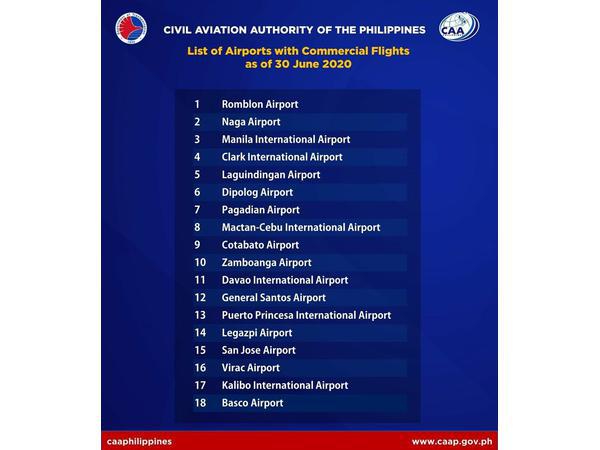What is a Warrant of Arrest and a Search Warrant?

Search Warrant is an order in writing, issued in the name of the People of the Philippines, signed by a judge and directed to a peace officer, commanding him to search for certain personal property and bring it before the court. A warrant of arrest is a written order issued by the judge to arrest a person or take him into custody to make him answer for an offense in violation of a law.
This is an informative article. For consultations, seek legal advice ONLY from a LAWYER.
Definition
Search Warrant – an order in writing, issued in the name of the People of the Philippines, signed by a judge and directed to a peace officer, commanding him to search for certain personal property and bring it before the court.
Warrant of Arrest– a written order issued by the judge to arrest a person or take him into custody to make him answer for an offense in violation of a law.
Protected by the Constitution
ARTICLE III, SECTION 2 OF THE CONSTITUTION provides that
“The right of the people to be secure in their persons, houses, papers, and effects against unreasonable searches and seizures of whatever nature and for any purpose shall be inviolable, and no such search warrant or warrant or arrest shall issue except upon probable cause to be determined personally by the judge after examination under oath or affirmation of the complainant and the witness he may produce, particularly describing the place to be searched and the persons or things to be seized.”
What is the scope of this protection?
1.Persons– the protection applies to everybody, to citizens as well as aliens in the Philippines, whether accused of crime or not.
2.Houses– the protection is not limited to dwelling houses but extends to a garage, warehouse, shop, store, office, and even a safety deposit vault.
3.Papers and Effects - they include sealed letters and packages in the mail.
Requisites of a Valid Warrant
1. EXISTENCE OF PROBABLE CAUSE
2. DETERMINATION OF PROBABLE CAUSE MUST BE MADE PERSONALLY BY A JUDGE
3. DETERMINATION MUST BE MADE AFTER EXAMINATION, UNDER OATH OR AFFIRMATION, OF THE COMPLAINANT AND THE WITNESSES HE MAY PRODUCE
4. PARTICULARITY OF DESCRIPTION
1. EXISTENCE OF PROBABLE CAUSE
Such facts and circumstances antecedent to the issuance of the warrant that in themselves are sufficient to induce a cautious man to rely on them and act in pursuance thereof.
Must refer to one specific offense, however, one search warrant may validly issued for several violations in cases involving dangerous drugs.
When a search warrant was issued for the seizure of shabu and drug paraphernalia, but probable cause was found to exist only with respect to the shabu, the warrant cannot be invalidated in toto, it is still valid with respect to the shabu.
In illegal possession of firearms, it should be such facts and circumstances which would lead a reasonably discreet and prudent man to believe that a person is in possession of a firearm and that he does not have the license or permit to possess the same.
2. DETERMINATION OF PROBABLE CAUSE MUST BE MADE PERSONALLY BY A JUDGE
a. Search Warrant
The judge must personally examine in the form of searching questions and answers, in writing and under oath, the complainants and any witnesses he may produce on facts personally known to them and attach to the record their sworn statements together with any affidavits submitted.
A search warrant proceeding is not against any person, but solely for the discovery and to get possession of personal property
If the judge failed to conform the essential requisites the search warrant is invalid
The judge not only asked searching question but leading questions
b. Warrant of Arrest
It is not necessary that the judge should personally examine the complainant and his witnesses.
A judge will evaluate the report and supporting documents, if he finds probable cause he then issue warrant of arrest; on the other hand, he may require supporting affidavits of witnesses to aid him in arriving at a conclusion.
Within the exclusive province of the judge.
If the judge solely relied on the certification of the prosecutor but the entire records of preliminary investigation are not before him then the warrant of arrest issued is null and void.
3. DETERMINATION MUST BE MADE AFTER EXAMINATION, UNDER OATH OR AFFIRMATION, OF THE COMPLAINANT AND THE WITNESSES HE MAY PRODUCE
4. PARTICULARITY OF DESCRIPTION
a. Search Warrant
A search warrant may be said to particularly describe the things to be seized when the description therein is as specific as the circumstances will ordinarily allow [People v. Rubio, 57 Phil 384). When the description expresses a conclusion of fact, not of law, by which the warrant officer may be guided in making the search and seizure; or when the things described are limited to those which bear direct relation to the offense for which the warrant is being issued [Bache & Co. v. Ruiz, 37 SCRA 823).
The place to be searched, as described in the warrant, cannot be amplified or modified by the peace officers' own personal knowledge of the premises or the evidence which they adduced in support of their application for a warrant.
b. Warrant of Arrest
A warrant of arrest is said to particularly describe the person to be seized if it contains the name/s of the person/s to be arrested. If the name of the person to be arrested is not known, then a "John Doe" warrant may be issued.










